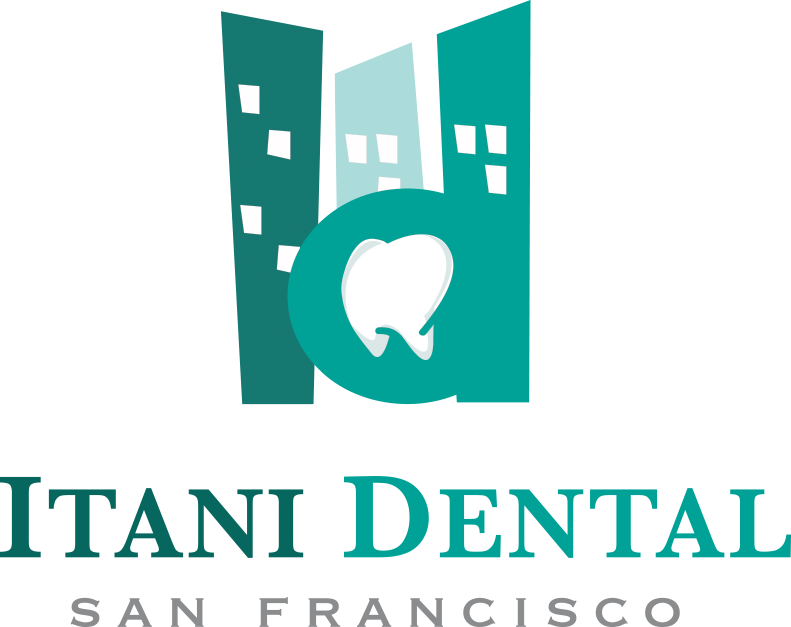San Francisco Down Syndrome Dental Care
Dental Care for People with Down Syndrome in San Francisco
At Itani Dental, we understand that everyone has unique dental needs. We are dedicated to providing high-quality care for all of our patients, and we are always happy to accommodate special requests. We offer a wide range of services, from routine cleanings to more complex procedures. We believe that everyone deserves access to quality dental care, and we are committed to providing an inclusive and welcoming environment for all of our patients. If you or a loved one has Down Syndrome, please don’t hesitate to reach out to us. We would be honored to provide you with the care and attention that you deserve. Thank you for considering Itani Dental as your oral health provider!
Dental Issues in Patients with Down Syndrome
Although people with Down Syndrome typically have good oral health, they are at an increased risk for certain dental problems. These include:
- Dental crowding: This is a common issue in people with Down Syndrome, as the teeth may be smaller and more closely spaced than average. This can make it difficult to brush and floss properly, which can lead to cavities and gum disease.
- Tooth decay: People with Down Syndrome are more likely to develop tooth decay, especially if they have dental crowding. Decay can also occur if the teeth are not properly cared for.
- Gum disease: Gum disease is a common problem in people with Down Syndrome. Poor oral hygiene and crowded teeth can both contribute to gum disease.
- Oral cancer: People with Down Syndrome have an increased risk of developing oral cancer. This is most often seen in adults over the age of 40.
It is important to be aware of these risks and to take steps to prevent them. Regular dental checkups and cleanings are essential for maintaining good oral health. It is also important to brush and floss properly, and to avoid sugary and acidic foods that can damage the teeth.
Strategies for Improving Dental Care
There are several strategies that can be used to improve dental care in people with Down Syndrome. These include:
- Educating patients and caregivers about the importance of oral health: It is important that people with Down Syndrome and their caregivers understand the importance of oral health. This can help to ensure that the teeth are properly cared for at home.
- Improving access to dental care: People with Down Syndrome may have difficulty accessing dental care. It is important to ensure that they have the resources they need to see a dentist regularly.
- Providing specialized dental care: Some patients with Down Syndrome may require specialized dental care. This can be provided by dentists who have experience caring for patients with special needs.
- Creating an inclusive environment: It is important to create a welcoming and inclusive environment for all of our patients. This includes people with Down Syndrome and their caregivers.
Ensuring a Successful Visit
Seeing the dentist can be a stressful experience for anyone, but it can be especially challenging for those with Downs Syndrome. Because people with Downs Syndrome often have speech impairments and difficulty understanding complex instructions, it is important to take some extra steps to ensure a successful visit.
First, it is important to make an appointment with a dentist who is familiar with caring for patients with special needs. This will help to ensure that the visit goes smoothly and that the patient’s needs are properly understood. It is also important to educate the patient and their caregivers about what to expect during the visit. This can help to reduce anxiety and ensure that everyone is on the same page.
Finally, it is important to be patient and understanding during the visit. This will help to create a positive experience for everyone involved. Thank you for considering Itani Dental as your oral health provider! We are proud to offer a welcoming and inclusive environment for all of our patients. If you or a loved one has Down Syndrome, we encourage you to give us a call to learn more about how we can provide the best possible care.
